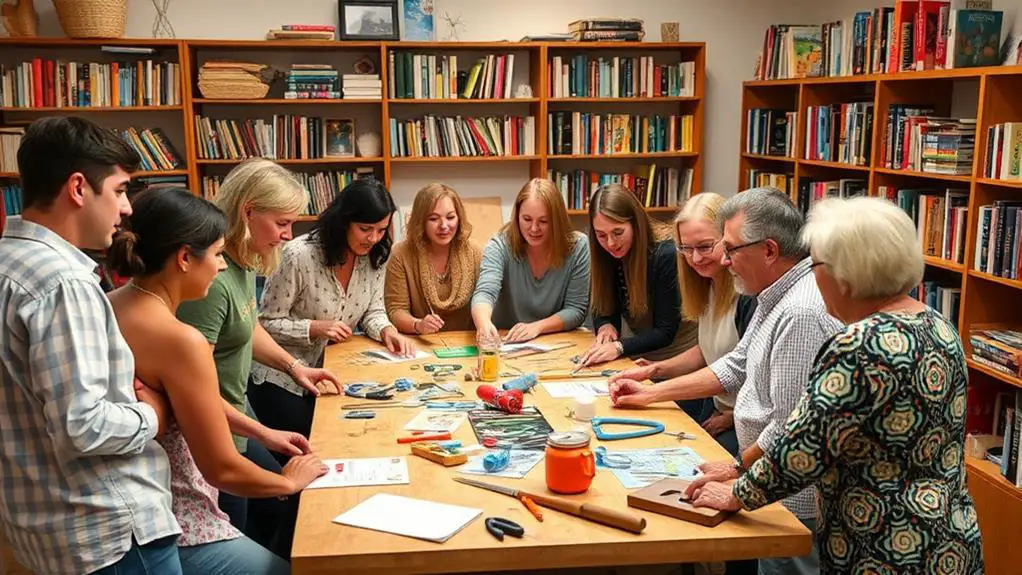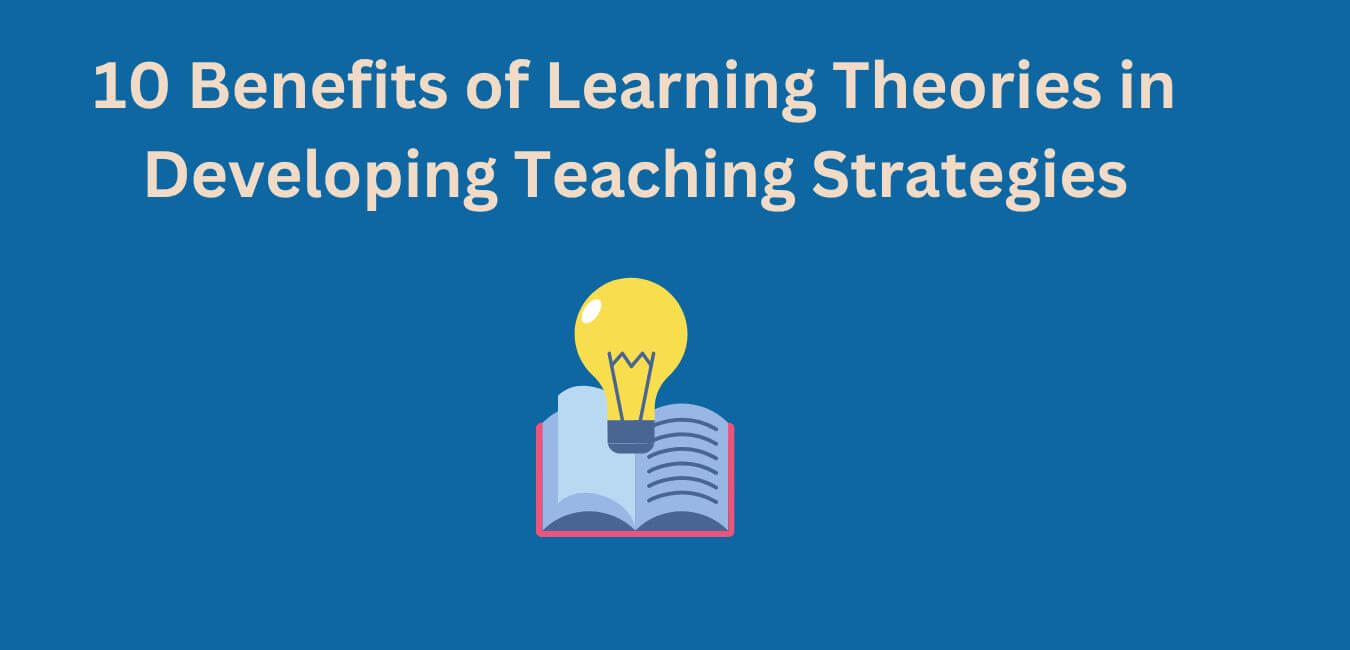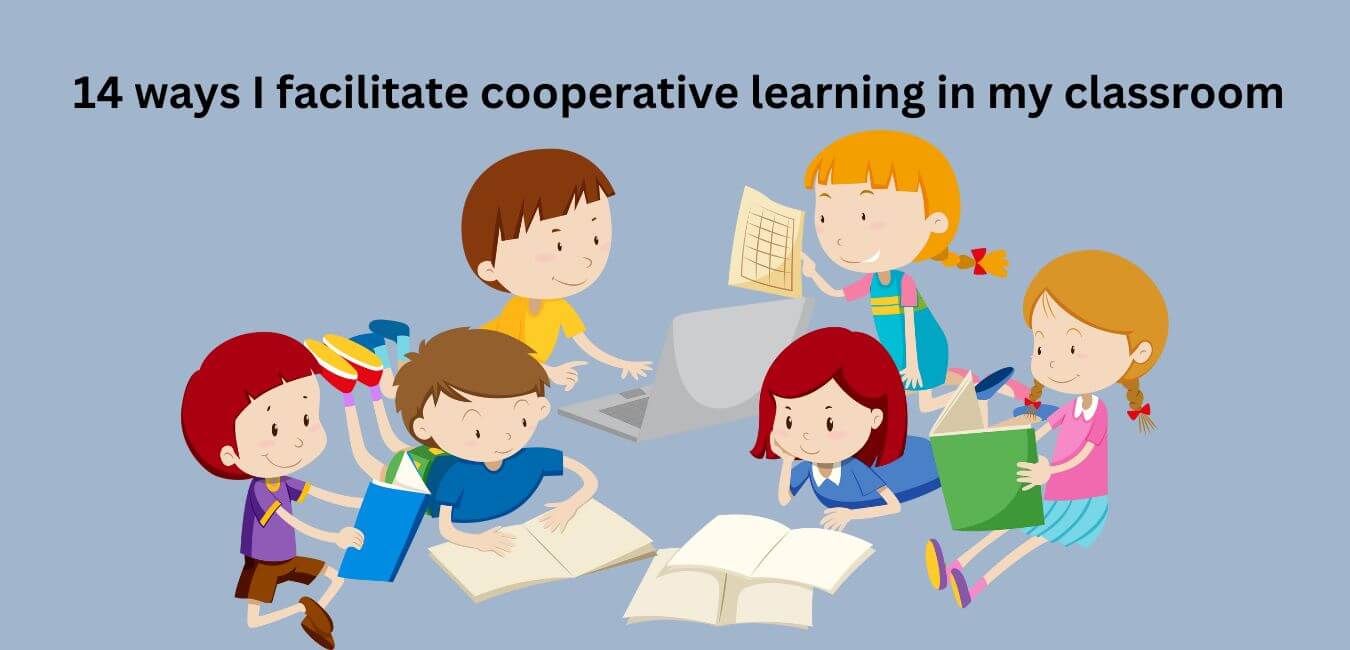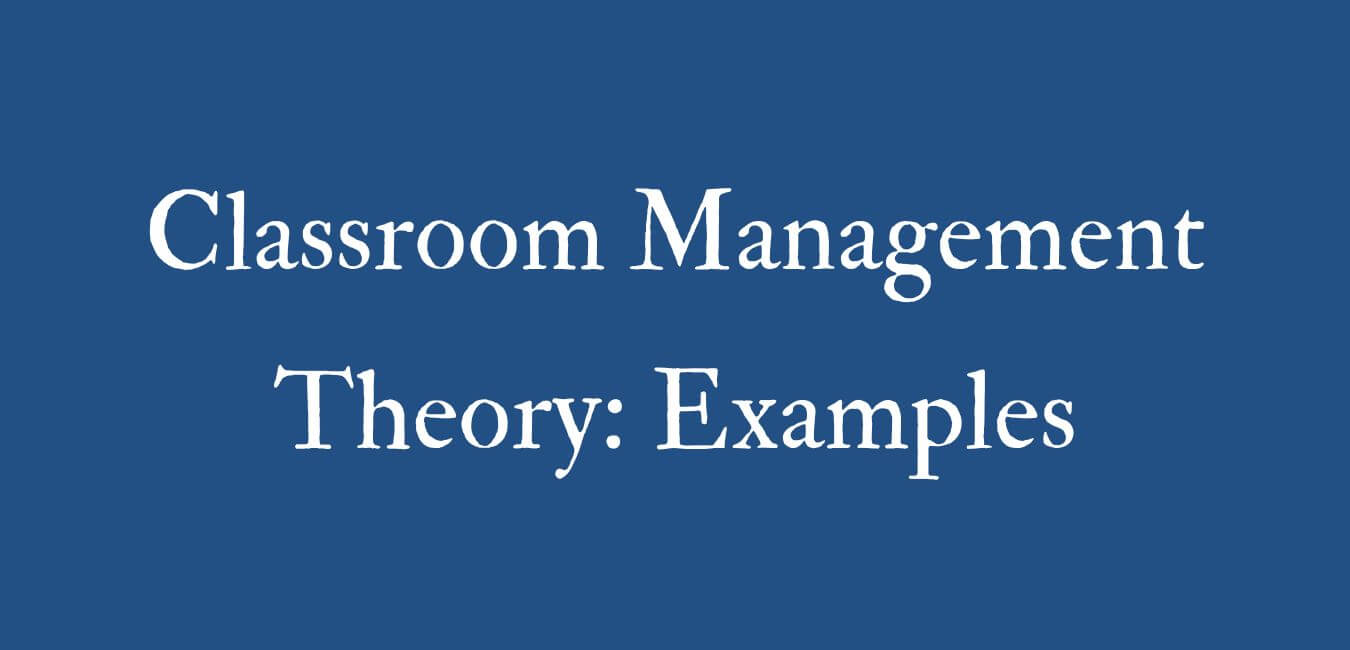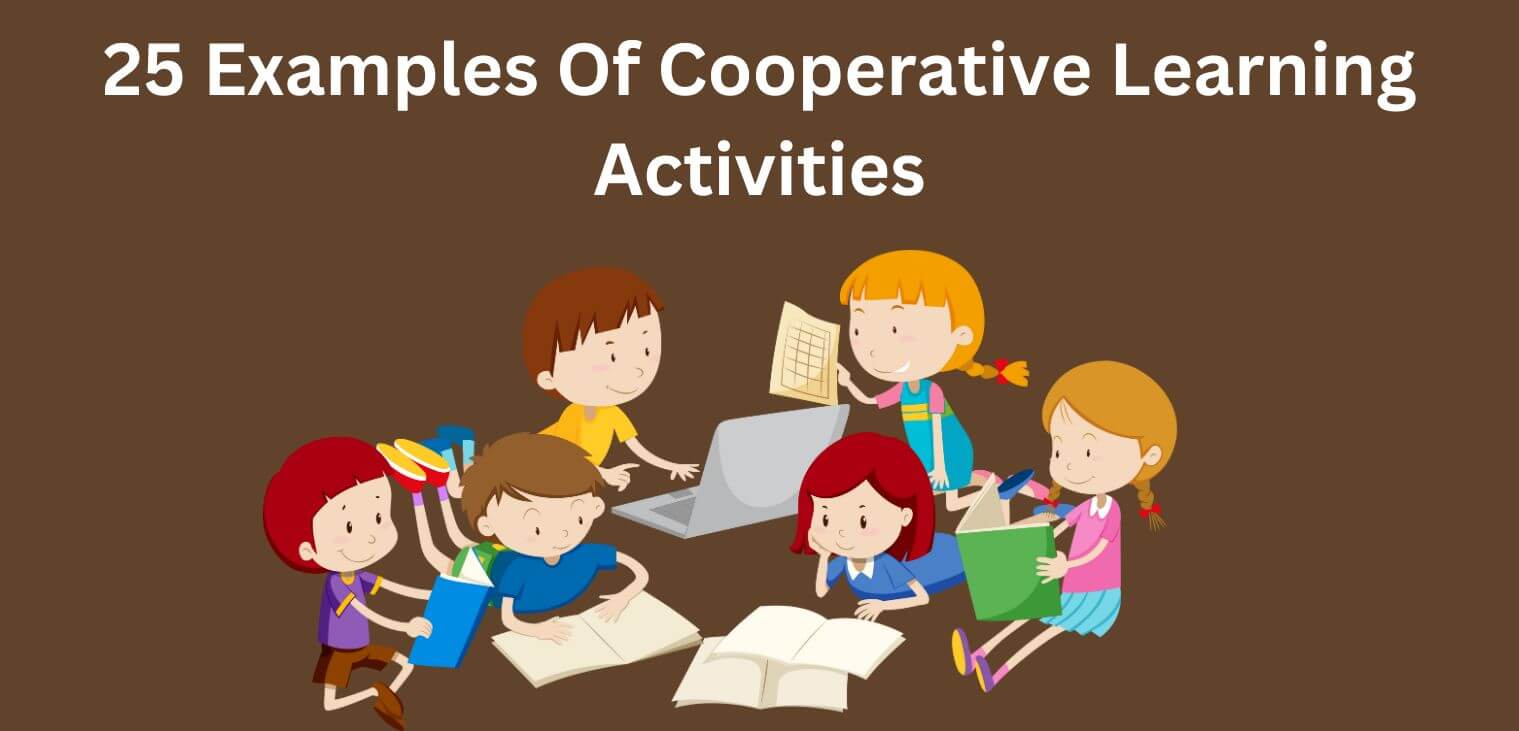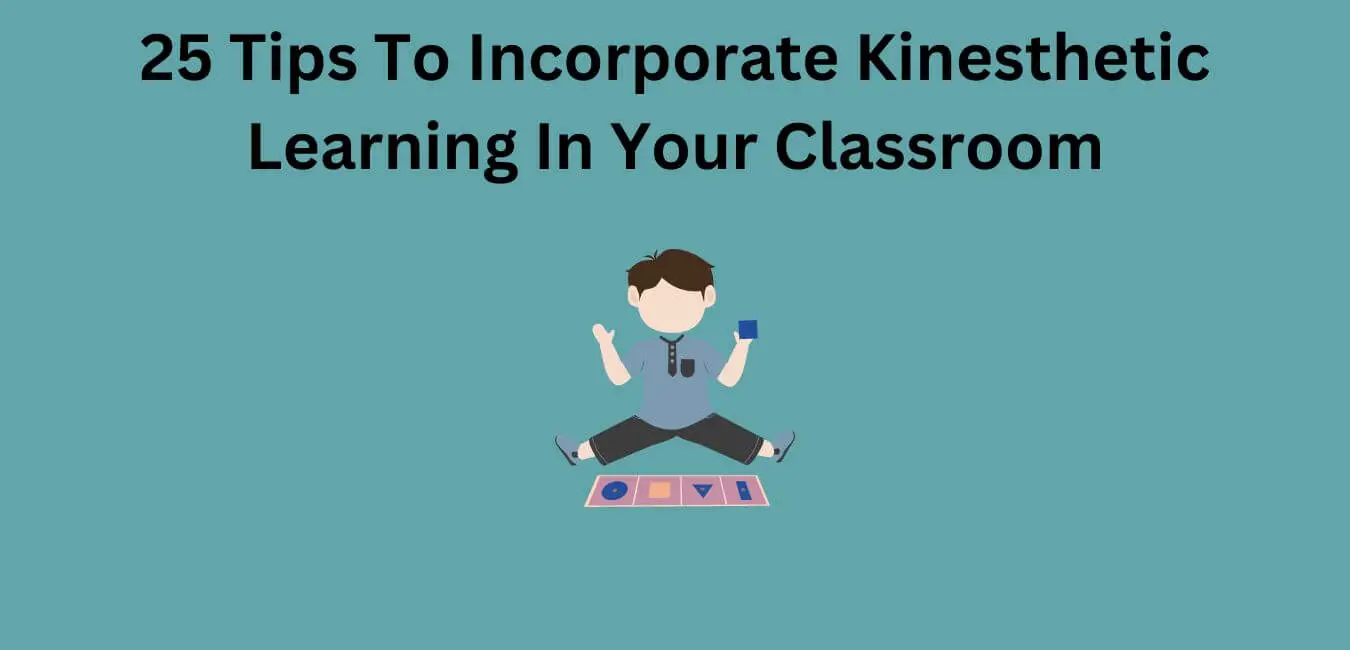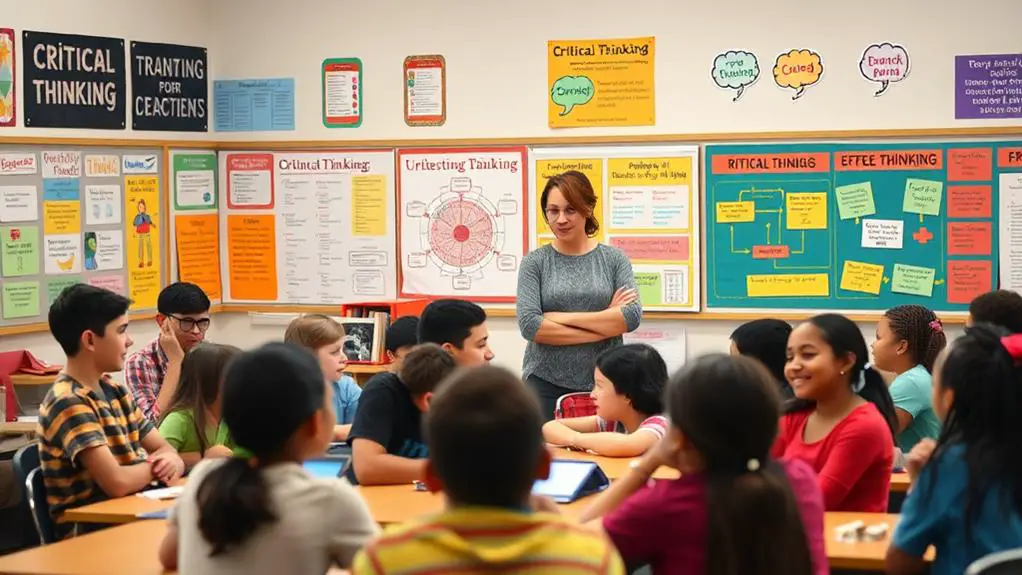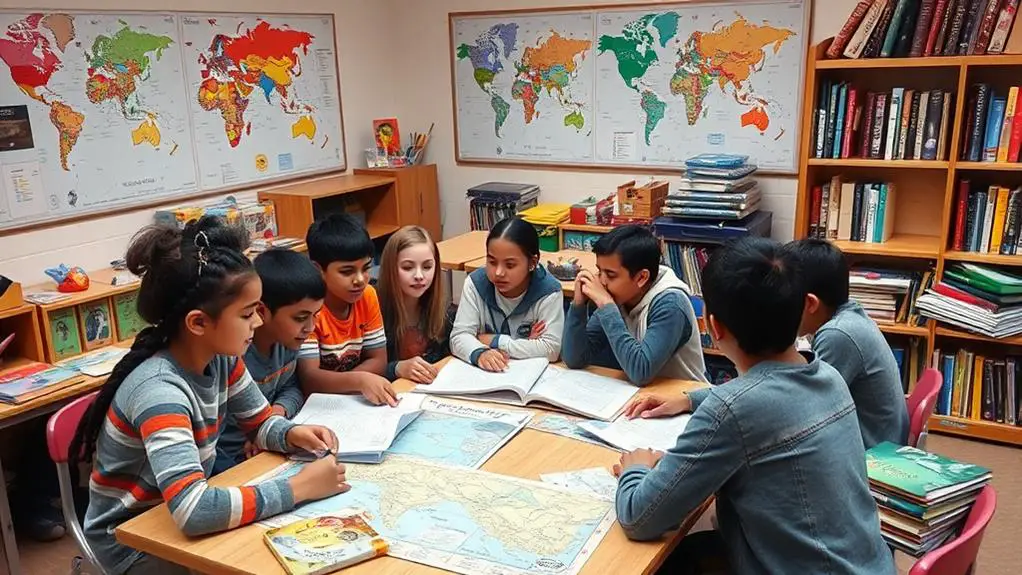Experience plays a crucial role in adult learning, serving as the foundation that converts basic information into valuable knowledge. Our past experiences influence how we approach new ideas, making the learning process more engaging and applicable to our lives.
When we ignore this vital connection, we risk diminishing the impact of our learning, which can affect both our personal growth and professional development. Understanding how to leverage this experience can significantly enhance our learning strategies.
For instance, consider a workplace training session. If the facilitator acknowledges participants’ previous experiences and relates new material to those experiences, learners are more likely to grasp and retain the information.
This method not only makes learning more relevant but also empowers individuals to apply new skills in real-world situations, ultimately leading to more effective outcomes. Emphasizing the role of experience in education is essential for fostering a deeper understanding and promoting lifelong learning.
Role of Prior Knowledge
The role of prior knowledge in adult learning is significant, as it shapes how individuals engage with new information. Prior experiences provide a framework for understanding and integrating new concepts, making the learning process more effective and meaningful.
When confronted with a new idea, I reflect on my past experiences to find connections that enhance my comprehension and retention of the material. For example, when I encounter a new concept, I actively seek to relate it to my previous knowledge. This connection creates a pathway for understanding, allowing me to apply what I’ve learned to real-world situations, especially in my efforts to assist others.
Recognizing the importance of contextual relevance enables me to see the practical applications of my learning. Embracing your prior knowledge can be a powerful catalyst for growth. This approach not only enriches your personal learning journey but also enhances your capacity to support those around you.
Integrating knowledge is essential, and it begins with valuing what you already understand.
Impact on Motivation
Motivation is a crucial factor in adult learning, influencing how effectively individuals engage with new information. Intrinsic motivation, particularly when linked to real-world applications, can significantly enhance the learning experience. When adults establish a meaningful connection to the subject matter, they’re more inclined to fully engage and embrace experiential learning.
Three essential factors that boost motivation in adult learners include:
- Relevance: When the learning material aligns with personal or professional aspirations, it ignites interest and fosters dedication. For instance, a marketing professional learning about social media strategies will be more motivated if the content directly applies to their current job.
- Autonomy: Granting learners the freedom to choose their activities cultivates a sense of ownership. For example, allowing a team to select their project topics can lead to deeper engagement and enthusiasm in the learning process.
- Supportive Environment: A nurturing community plays a vital role in sustaining motivation. When learners share their experiences and challenges, they develop a sense of belonging that encourages ongoing participation. For instance, study groups or collaborative projects can create a supportive atmosphere that enhances motivation.
Understanding these factors can help educators and facilitators design more effective learning experiences that resonate with adult learners.
Enhancing Critical Thinking
Enhancing critical thinking in adult learning is vital for personal and professional growth. Real-world applications play a crucial role in this process. Engaging in reflective learning practices helps individuals evaluate their experiences effectively.
Collaborative problem-solving fosters creativity, leading to innovative solutions. These approaches not only refine our critical thinking abilities but also ensure that our learning remains relevant and impactful in everyday situations.
For instance, participating in group discussions on current events can stimulate diverse perspectives, while journaling about personal experiences can deepen self-awareness and promote thoughtful analysis. Together, these strategies create a rich learning environment that empowers adults to think critically and apply their knowledge in meaningful ways.
Real-World Applications
Real-world applications play a crucial role in adult learning, acting as a vital link between theoretical knowledge and practical implementation. They enhance critical thinking skills and enable individuals to apply what they learn in meaningful ways. Engaging in contextual learning allows for a transformation of knowledge into actionable steps, ultimately leading to improved service for others.
Here are three ways real-world applications enhance critical thinking:
1. Experiential Activities: Engaging in hands-on experiences allows for the testing of theories and informed decision-making. This active participation leads to a deeper understanding of concepts and sharpens analytical abilities.
For instance, a nursing student might practice patient care in a simulated environment, which equips them with the skills needed for real-life scenarios.
2. Problem-Solving Scenarios: Addressing real-life challenges promotes critical thinking. Evaluating situations from various perspectives hones the ability to devise effective solutions.
For example, a business professional might analyze a case study of a company facing a crisis, learning to identify best practices and potential pitfalls.
3. Collaborative Learning: Collaborating with others in practical contexts brings diverse viewpoints into discussions. This exchange of ideas not only challenges individual thinking but also broadens approaches to community service.
For instance, a group of educators might work together to design an inclusive curriculum, benefiting from each other’s expertise and experiences.
Incorporating these elements into adult education enhances the learning experience, making it more impactful and relevant.
Reflective Learning Practices
Reflective learning practices are essential for enhancing critical thinking among adult learners. Engaging in experiential learning allows individuals to gain deeper insights by contemplating their experiences. This process is not only about acquiring knowledge but also about effectively utilizing that knowledge to benefit others.
To facilitate my reflections, I follow a straightforward framework:
| Experience | Reflection | Action |
|---|---|---|
| Attended a workshop on community service | What skills did I acquire? | Volunteer for a local charity |
| Led a group discussion | How did I foster learning? | Improve my listening abilities |
| Completed a project | What obstacles did I encounter? | Seek feedback for future improvement |
Through self-directed learning, I take charge of my educational path. Each reflection prompts new actions, helping me enhance my skills and better assist my community. Embracing reflective practices not only sharpens my critical thinking but also strengthens my dedication to serving others. Prioritizing reflection ensures that my experiences result in valuable contributions.
Collaborative Problem Solving
Collaborative problem solving is a powerful approach that enhances critical thinking and fosters effective teamwork. Working with others not only enriches our learning experiences but also equips us to better serve our communities. Engaging in discussions with peers allows us to consider different viewpoints, which can help challenge our assumptions and broaden our understanding.
Here are three notable benefits of collaborative problem solving:
- Trust Building: Collaboration fosters trust among team members. Trust is fundamental for encouraging open communication and the free exchange of ideas, which are vital for successful teamwork.
- Conflict Resolution: When disagreements arise, handling them with respect helps develop our conflict resolution skills. These skills are essential for maintaining harmony within any group and ensuring that diverse opinions are valued.
- Shared Goals: Working towards common objectives brings a sense of unity. This focus on shared goals promotes collective decision-making and strengthens the community bond among team members.
Facilitating Real-World Application
Experiential learning is crucial for adults, bridging the gap between theory and practice. Engaging in hands-on activities allows learners to connect new knowledge with their own lives and the communities they serve. This approach enhances the relevance of the material, making the learning experience more meaningful and impactful.
In my experience, applying theoretical concepts in real-world contexts is essential. Understanding a concept academically differs significantly from witnessing its real-world effects. For instance, during a workshop on community development, I invited participants to discuss their personal experiences. This created a sense of community and enabled a deeper exploration of how theoretical frameworks manifest in practical scenarios.
Creating opportunities for real-world application empowers individuals to effect change. Focusing on hands-on activities promotes a deeper understanding that extends beyond traditional learning environments. This connection between experience and application is vital for achieving meaningful outcomes in adult education.
Fostering Lifelong Learning
Fostering lifelong learning is essential in today’s fast-paced world. Hands-on experiences not only enhance our immediate comprehension but also establish a solid foundation for continuous growth. Engaging in experiential learning drives personal development and skill enhancement, creating an ongoing desire for knowledge that extends beyond traditional educational settings.
This method encourages adaptability—an important trait for navigating our ever-changing environment.
To promote lifelong learning, focus on these three key components:
- Mentorship Opportunities: Connecting with mentors offers valuable insights and advice, aiding in skill refinement and knowledge retention. For example, a mentor in your field can provide real-world experiences that deepen your understanding.
- Self-Directed Learning: Taking responsibility for your own learning journey allows you to pursue topics that truly ignite your interest, keeping you motivated and engaged. Utilizing platforms like Coursera or Udemy can help you find courses that align with your passions.
- Diverse Learning Environments: Engaging with various settings, such as workshops, online courses, or community classes, enhances your ability to absorb and apply new information effectively. For instance, attending a local workshop can provide hands-on practice that solidifies theoretical concepts.
Building Collaborative Skills
Collaboration is crucial in any learning setting, as it enhances our interactions and improves outcomes. Engaging in peer feedback sessions not only deepens understanding but also strengthens team dynamics. Effective communication strategies help create a safe environment where everyone feels valued and heard.
Building trust is essential for group cohesion. Active listening shows respect for different perspectives, which helps in resolving conflicts more efficiently. In my experience, shared leadership develops naturally when team members feel encouraged to share their unique strengths.
Collaboratively addressing challenges fosters a sense of belonging and purpose among team members. Contributions from each individual enrich discussions and lead to innovative solutions.
Focusing on collaborative skills not only supports personal development but also enhances our ability to assist others. Ultimately, these skills help create a nurturing learning environment that promotes continuous improvement and collective success. Embracing this journey together leads to a thriving community.
Conclusion
Experience plays a crucial role in adult learning, as it bridges the gap between what we already know and new concepts we encounter. Drawing on past experiences not only enhances motivation but also sharpens critical thinking skills. When we apply our knowledge to real-world situations, we create an environment that promotes continuous learning and collaboration. This process is vital for both personal and professional development, as our experiences mold our perspectives and abilities. It is important to recognize and leverage these experiences for growth and improvement.

